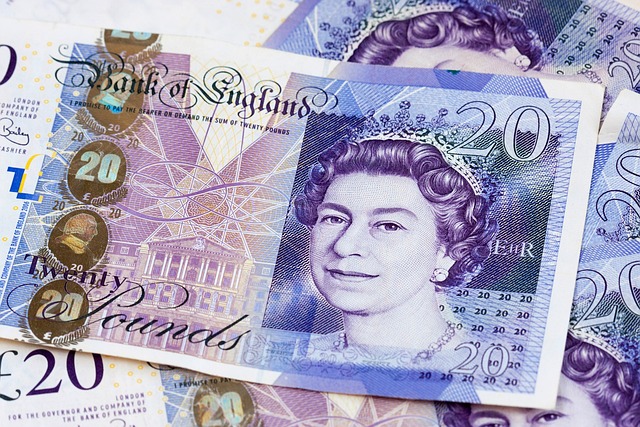The British pound will receive a “significant bounce” if Britain and the EU reach a deal on post-Brexit trading arrangements in the coming days, affirms the CEO of one of the world’s largest independent financial advisory, asset management and fintech organisations.
The bullish observation from Nigel Green of deVere Group comes as UK PM Rishi Sunak flew to Northern Ireland on Thursday evening for a previously unannounced visit for talks with the region’s parties.
He says: “Sunak’s arrival in Belfast on Thursday night and the foreign secretary, James Cleverly’s trip to Brussels on Friday for talks with the European Commission vice-president, Maroš Šefčovič, signal that a deal on the Northern Ireland protocol could be imminent.
“After weeks of difficult back-and-forth discussions, it seems negotiators are close to finding solutions at a technical level on matters including customs.
“Hopes the UK and the European Union will strike a post-Brexit trading deal for Northern Ireland is bullish for the pound.
“A new agreement could pave the way for improved trading relations between the UK and the EU and bolster investor sentiment on Britain’s economic outlook.
“It could help traders move past ‘peak pessimism’ regarding the UK, as it would likely help encourage a broader and healthier relationship with the EU which would boost economic performance.
“We expect the pound will enjoy a significant bounce should a negotiated solution between the UK and EU be agreed – which could happen as early as Friday.”
An accord has been signalled for around the last four weeks and is likely to include a settlement on the elimination of some checks on goods going from Great Britain to Northern Ireland, and a new dispute resolution mechanism which does not involve the European Court of Justice in the first instance.
Nigel Green continues: “Since Brexit, the pound has been out of favour with FX traders, with the UK currency falling nearly 18% against a basket of currencies since the referendum.
“It has also been dragged down in recent months by fears over slowing economic growth and multi-decades high inflation.”
Earlier this week, the pound fell sharply, slipping to its lowest level in six weeks against the US dollar as a sharper-than-expected slowdown in UK inflation eased the pressure on the Bank of England to keep raising interest rates.
He concludes: “Sterling was one of the worst-performing major currencies in 2022. A new post-Brexit deal on the Northern Ireland Protocol could herald the start of a reversal of fortunes for the beleaguered British pound.”



 Bitcoin
Bitcoin  Ethereum
Ethereum  XRP
XRP  Tether
Tether  Solana
Solana  USDC
USDC  TRON
TRON  Lido Staked Ether
Lido Staked Ether  Cardano
Cardano  Avalanche
Avalanche  Toncoin
Toncoin